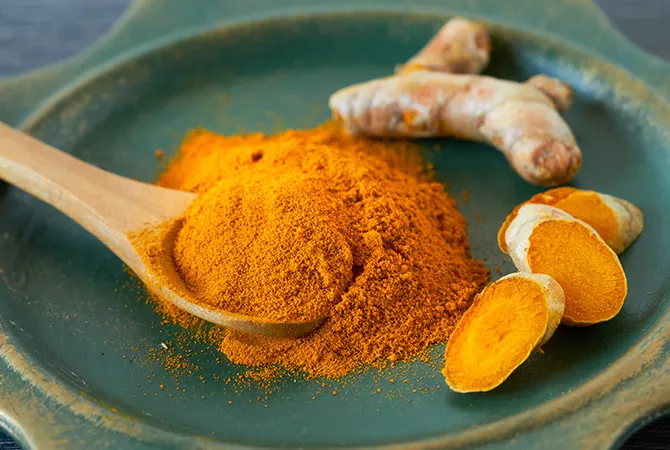Introduction
Turmeric, a bright yellow spice commonly used in Indian cuisine, has been gaining popularity in recent years for its numerous health benefits. This ancient spice has been used for centuries in traditional medicine to treat a variety of ailments, and modern research has begun to uncover the science behind its powerful effects on the body.
What is Turmeric?
Turmeric is a spice derived from the Curcuma longa plant, which belongs to the ginger family. It is native to Southeast Asia and is commonly used in Indian, Middle Eastern, and Southeast Asian cuisines. The active compound in turmeric that gives it its vibrant color and powerful health benefits is called curcumin.
Health Benefits of Turmeric
1. Anti-inflammatory Properties
One of the most well-known benefits of turmeric is its powerful anti-inflammatory properties. Curcumin, the active compound in turmeric, has been shown to reduce inflammation in the body, which can help alleviate symptoms of chronic conditions such as arthritis, inflammatory bowel disease, and heart disease.
2. Antioxidant Effects
Turmeric is also a potent antioxidant, meaning it can help protect the body from oxidative stress and damage caused by free radicals. This can help prevent chronic diseases and slow the aging process.
3. Pain Relief
Studies have shown that turmeric can help reduce pain and improve function in individuals with osteoarthritis and other inflammatory conditions. Its anti-inflammatory properties make it a natural alternative to over-the-counter pain medications.
4. Improved Digestion
Turmeric has been used for centuries in traditional medicine to aid digestion and reduce symptoms of indigestion. It can help stimulate the production of bile, which aids in the digestion of fats and improves overall gut health.
5. Boosted Immunity
Curcumin has been shown to have immune-boosting properties, helping the body fight off infections and illnesses. Incorporating turmeric into your diet can help support a healthy immune system.
How to Incorporate Turmeric into Your Diet
There are many ways to incorporate turmeric into your diet to reap its health benefits. You can add it to curries, soups, stews, smoothies, and even teas. Turmeric supplements are also available for those who prefer a more concentrated dose of curcumin.
Precautions and Side Effects
While turmeric is generally safe for most people when consumed in food amounts, high doses of curcumin may cause gastrointestinal issues such as nausea, diarrhea, or stomach upset. It may also interact with certain medications, so it is important to consult with your healthcare provider before adding turmeric supplements to your routine.
Conclusion
Turmeric is a powerful spice with a wide range of health benefits, from reducing inflammation and pain to boosting immunity and improving digestion. By incorporating turmeric into your diet, you can harness its healing properties and support overall wellness. Remember to enjoy turmeric in moderation and consult with a healthcare provider if you have any concerns about adding it to your routine.
#Unlocking #Secrets #Turmeric #Guide #Health #Benefits


